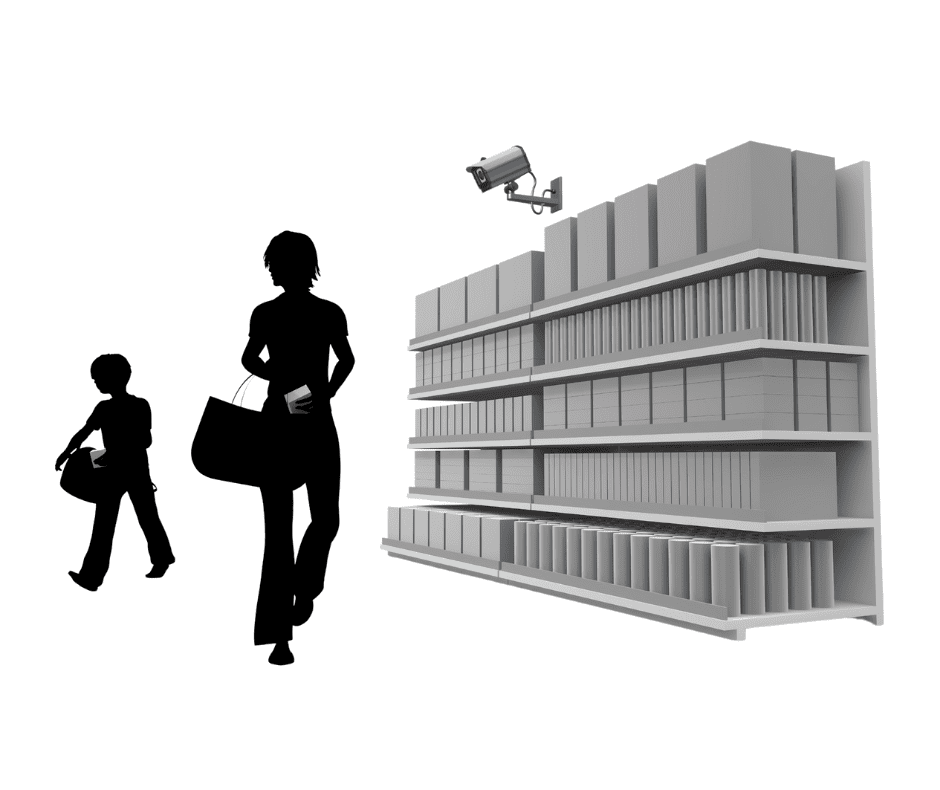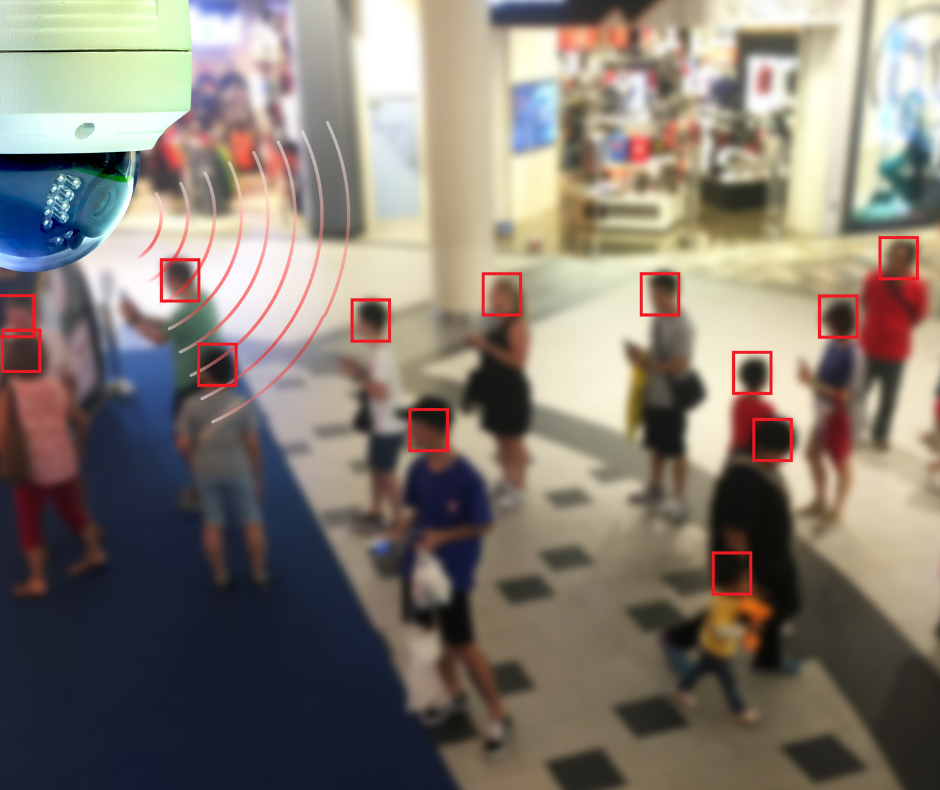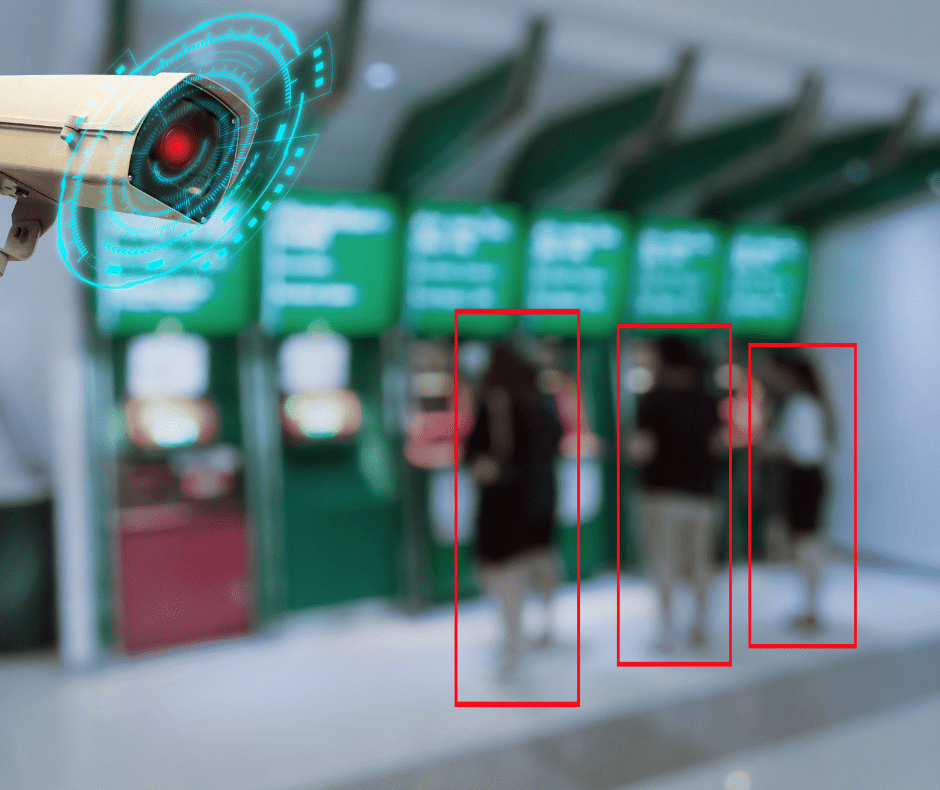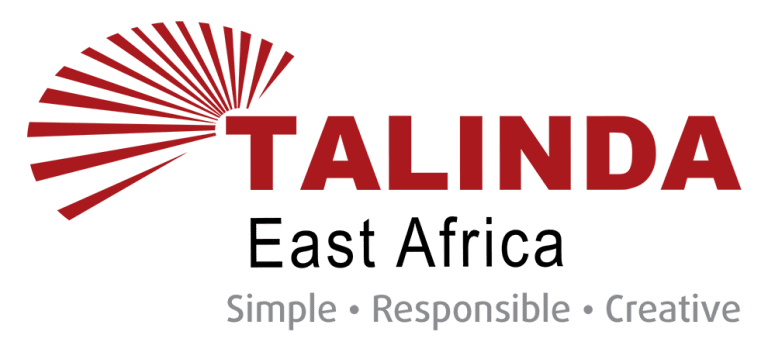Artificial intelligence (AI) deals with the creation of intelligent agents, which are systems that can reason, learn, and act autonomously. AI can be used in a variety of applications, including cloud surveillance.
In cloud surveillance, AI can be used to automate tasks, such as monitoring video footage and identifying potential threats. AI can also be used to analyze data to identify patterns and trends that may indicate a security breach.
AI is enhancing cloud surveillance and security in a number of ways. One way is through automation. AI can be used to automate tasks that would otherwise be performed by humans, such as monitoring video footage, counting people, and identifying potential threats. This can free up human resources to focus on other tasks, such as investigating threats and responding to incidents.

Another way AI is enhancing cloud surveillance and security is through predictive analysis. AI can be used to analyze data to identify patterns and trends that may indicate a security breach. This information can be used to prevent breaches before they happen.
There are a number of benefits to using AI for cloud surveillance and security. Some of the most common benefits include:
- Improved security: AI can help businesses to improve their security by identifying and responding to threats more quickly.
- Reduced costs: AI can help businesses to reduce their costs by automating tasks that would otherwise be performed by humans.
- Increased efficiency: AI can help businesses to increase their efficiency by automating tasks and processes.
- Improved decision-making: AI can help businesses to make better decisions by providing them with insights that would otherwise be unavailable.

There are a number of challenges associated with using artificial intelligence in cloud surveillance. Some of the most common challenges include:
- Data privacy concerns: AI systems collect and analyze large amounts of data. This data can be sensitive, and there are concerns about how it will be used and protected. To address this challenge, it is important to ensure that AI systems are designed with privacy in mind. This includes using encryption to protect data and only collecting data that is necessary for the system to function. It is also important to have clear policies in place for how data will be used and shared.
- Bias: AI systems can be biased, which can lead to unfair or inaccurate results. This is a challenge that is being actively addressed by AI researchers. There are a number of techniques that can be used to reduce bias in AI systems, such as using a diverse dataset to train the system and using algorithms that are designed to be fair.
- Complexity: AI systems can be complex and difficult to understand. This can make it difficult to troubleshoot problems and ensure that the system is working properly. To address this challenge, it is important to use clear and concise documentation for AI systems. It is also important to have a team of experts who can troubleshoot problems and ensure that the system is working properly.

There are a number of factors to consider when choosing an AI solution for cloud surveillance. Some of the most important factors include:
- Your specific needs: What are your specific needs? What are you most concerned about?
- Your budget: How much are you willing to spend on an AI solution?
- The features and capabilities of the solution: What features and capabilities are important to you?
- The reputation of the vendor: What is the vendor's reputation for quality and customer service?
By considering these factors, you can choose an AI solution that meets your specific needs and budget.
